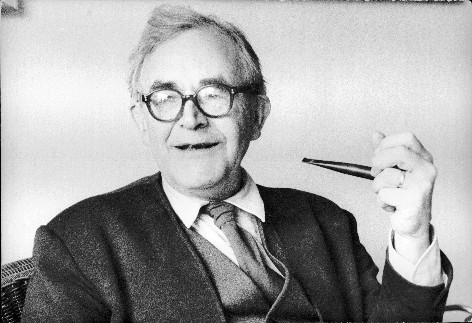See the original post to see what this is about.
Leithart says that the Bible speaks not only of spiritual things, but also hair, blood, sweat, entrails, menstruation, and genital emissions. Theologians on the other hand (except for perhaps Augustine) rarely make any mention of these. It’s a blanket statement intended to shock, of course, but is it true nonetheless? Are theologians from another planet? Let’s find out…
In this round: Origen Adamantius (185 – 254 AD)

According to Google Books, these words occur X number of times in his printed works:
- hair -3
- sweat -14*
- entrails -5
- menstruation – 1
- genital emissions -2
Not very high for Origen, though he does make at least a passing reference to just about everything.
Hair is a built in clothing for animals, so they have no need to sew their own:
For the irrational animals have their food provided for them, because there is not in them even an impulse towards the invention of the arts. They have, besides, a natural covering; for they are provided either with hair, or wings, or scales, or shells. Let the above, then, be our answer to the assertions of Celsus, when he says that “we indeed by labour and suffering earn a scanty and toilsome subsistence, while all things are produced from them without their sowing and ploughing.”
-Origen, Contra Celsum, p.245
Origen mentions sweat a fair amount, but further investigation shows that when doing so he is always just quoting from Genesis 3:19:
In the sweat of your face shall you eat bread, till you return to the ground; for out of it were you taken: for dust you are, and to dust shall you return.
Entrails are ridiculed for their lack of fortune telling ability. Or more to the point, astrology is ridiculed for having the same track record as entrails:
If, therefore, it is known – conceding such knowledge for the sake of the argument – that events can occur because of the means by which they are known, why should they occur because of stars but not, say, because of birds, or because of sacrificed entrails or because of shooting stars? These arguments will suffice for the moment to refute the idea that the stars are responsible for human affairs.
-Origen, Commentary on Genesis
Finally, the only mention of private parts I could locate was part of an explanation of how the Greek myths that involved a “virgin” birth or incarnation were not really at all like the birth of Jesus. The Christian story of Christmas was not derived from them in the least.
…Apollo, free from an earthly body, passes into the so-called prophetess seated at the Pythian cave through her genitals. But we hold no such opinion about Jesus and his power; the body born of a virgin consisted of human substance, capable of suffering wounds and death like other men.
-Origin, Contra Celsum, p143
Well, that’s it for the first of our two early church fathers.
My wife says these posts are kind of disturbing. True! These don’t go over real well in casual discussion, and rightly so.




